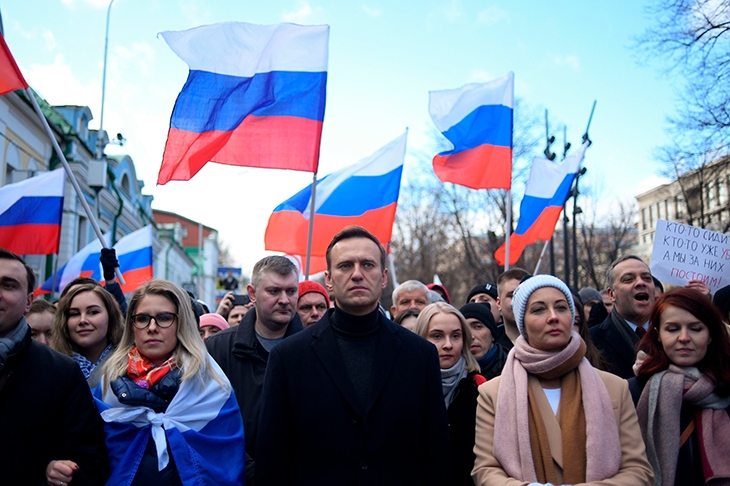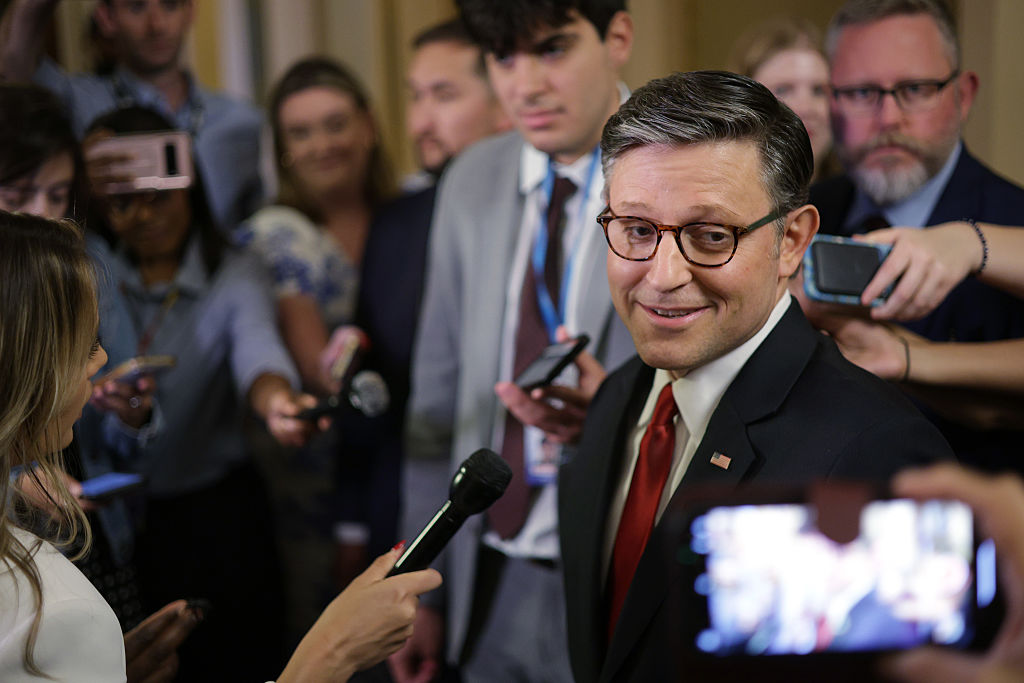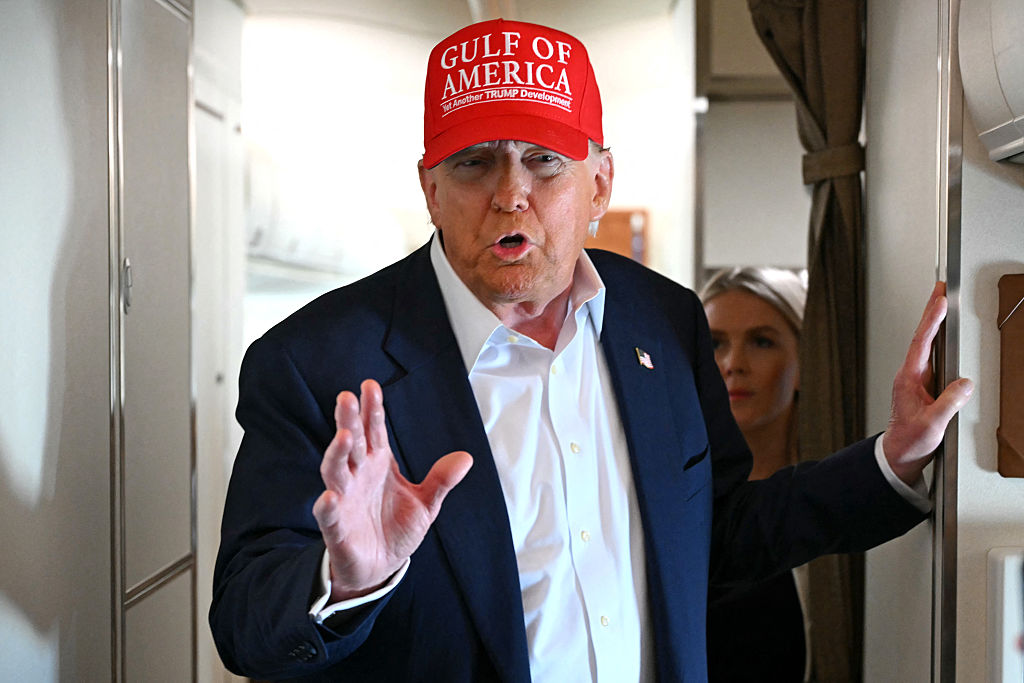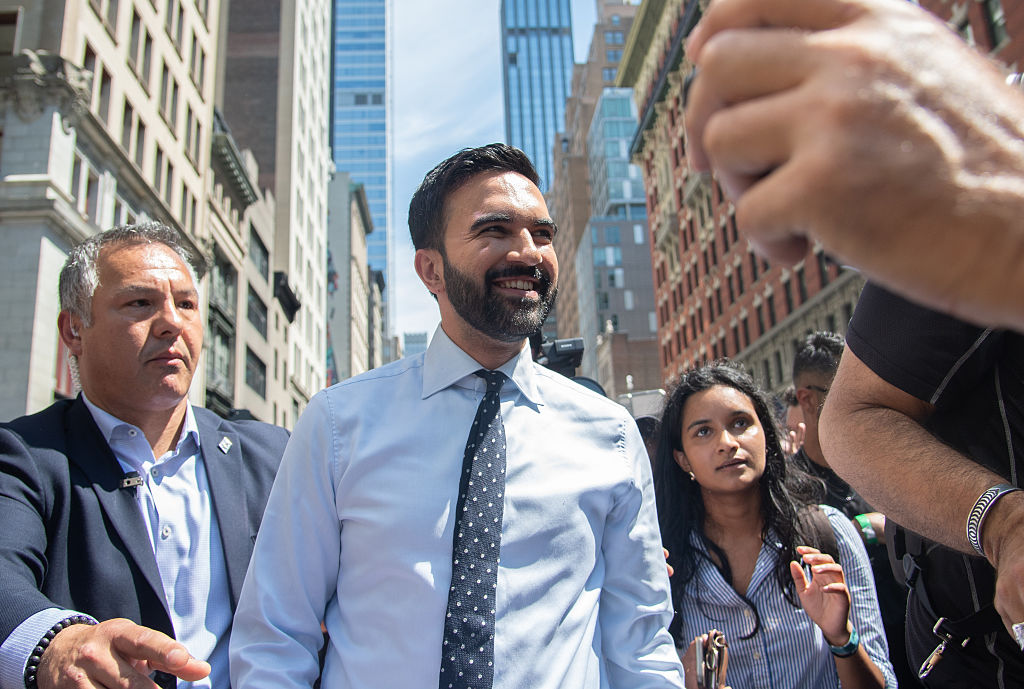A Roman emperor would consider the tyrant Putin’s treatment of Alexei Navalny’s supporters as foolish but, looking at Russia as a whole, would not see Navalny as a danger to Putin’s tyranny.
The emperor took a largely eirenic view of angry mobs. If they were asking for e.g. food in a shortage, he supplied it. Keeping the people happy was his job. In cases of sedition, as Seneca said, one punished only as a last resort. So when bakers rioted in Ephesus, the governor threatened imprisonment, but in the event just reprimanded them. No one wanted a bloodbath. So there is no record of emperors being removed by citizen protest, though citizens might applaud an emperor’s removal. In Russia, likewise: bar 1917 and irregular episodes such as the crowd’s support for Gorbachev in 1991, the Russian mob is not usually a decisive political force.
But one grouping that always threatened Roman emperors was provincial governors with armies at their back, ready to take advantage if they suspected weakness or dissatisfaction in Rome. When Nero was ousted after a provincial revolt in AD 68, the year AD 69 saw provincial governors from Spain, Portugal, Germany and a general from the east fighting it out to replace him. But though Russia is a federation, made up of 85 legally recognized regional components, no single one (even fractious Chechnya, 1.3 million) could hope to bring that federation down. Any attempt would face overwhelming opposition, most of all from the centre of power Moscow (12 million), by far Russia’s biggest city.
But what of the internal coup? Emperors saw real danger here, not solved even by establishing a family dynasty, as Augustus tried. Honor and respect were at stake here, the means by which the emperor kept sweet the alternative sources of power around him, in particular the military and the wealthy influential individuals within his personal court. Lose them and he was toast.
So — an emperor might conclude — Putin’s powerful inner ring, following the money as ever, will strike when they judge he is not cramming their mouths fast enough with Russian gold; but there will be no change of system. Just of tyrant.
This article was originally published in The Spectator’s UK magazine. Subscribe to the US edition here.

























